What are the Insulation Levels of Servo Motor?
Servomotor insulation class refers to the voltage withstand capability of the servomotor insulation system, also known as insulation withstand test voltage. The higher the insulation level of the servo motor, the stronger the voltage withstand capability of its insulation system, which can work under higher voltage and has higher safety and reliability.
According to the standards of the International Electrotechnical Commission (IEC), the insulation class of servo motors is divided into five classes: A, E, B, F and H. The insulation class of servo motors is divided into five classes: A, E, B, F and H. Among them, class A is the lowest class and class H is the highest class. Servo motors of different grades are suitable for different working environments and electrical loads.
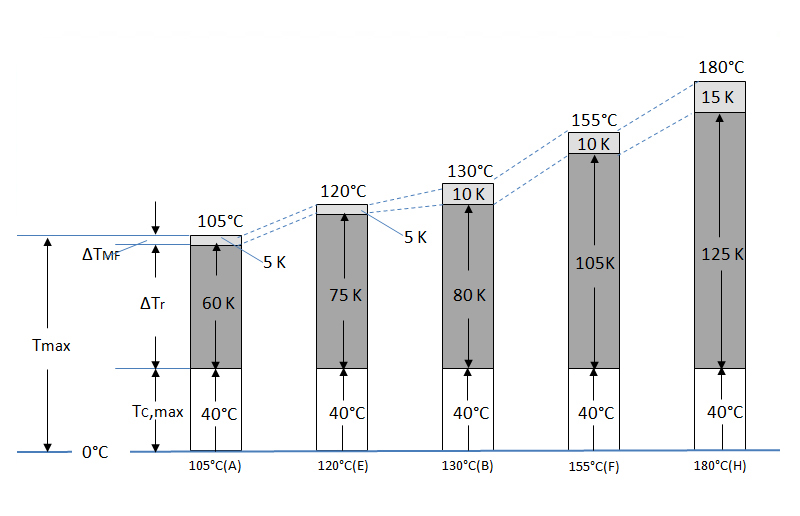
The insulation level of high torque servo motors needs to be determined through rigorous testing. Common test standards include IEC60034-1, UL1446, and so on. These standards specify the method of insulation withstand voltage test, test voltage, test time, and judgment criteria of test results to ensure that the insulation system of servo motors meets the requirements of safety and reliability.
Application:
Servo motors of different insulation classes are suitable for different industrial applications. Generally speaking, class A and E servo motors are suitable for low-power automation equipment, such as small machinery, household appliances, etc. Class B and F servo motors are suitable for medium-power automation equipment, such as numerical control machine tools, food packaging machines, etc. Class H servo motors are suitable for high-power equipment in special environments, such as aerospace and nuclear power.
In practical applications, it is very important to choose the right insulation level for servo motors. If the insulation level selected is too low, it may lead to insulation breakdown, excessive temperature rise and other problems during the motor's operation, and even cause fire and safety accidents. Therefore, users in the purchase of servo motors, according to the specific working environment and load requirements, choose the appropriate insulation level, to ensure the safe and reliable operation of the equipment.
The insulation level of servo motors is an important index for judging their safety and reliability. By reasonably selecting and applying different grades of servo motors, it can meet the requirements of different industrial applications and ensure the safe and stable operation of the equipment. At the same time, strict testing and management of servo motor insulation level is also an important measure to protect the quality of equipment and user safety.
According to the standards of the International Electrotechnical Commission (IEC), the insulation class of servo motors is divided into five classes: A, E, B, F and H. The insulation class of servo motors is divided into five classes: A, E, B, F and H. Among them, class A is the lowest class and class H is the highest class. Servo motors of different grades are suitable for different working environments and electrical loads.

- Class A. Suitable for applications with minimum electrical load and minimum temperature rise requirements, such as some low power servo motor applications.
- Class E. Suitable for general industrial applications, with good voltage resistance and temperature rise characteristics.
- Class B. Suitable for applications requiring higher electrical loads and higher ambient temperatures, such as some medium-power servo motor applications.
- Class F. Suitable for long time operation under high temperature environment, with higher voltage resistance and lower temperature rise characteristics.
- Class H. Suitable for special occasions, such as high temperature, high altitude, high humidity and other extreme environment servo motor applications, with the highest pressure resistance and the lowest temperature rise characteristics.
The insulation level of high torque servo motors needs to be determined through rigorous testing. Common test standards include IEC60034-1, UL1446, and so on. These standards specify the method of insulation withstand voltage test, test voltage, test time, and judgment criteria of test results to ensure that the insulation system of servo motors meets the requirements of safety and reliability.
Application:
Servo motors of different insulation classes are suitable for different industrial applications. Generally speaking, class A and E servo motors are suitable for low-power automation equipment, such as small machinery, household appliances, etc. Class B and F servo motors are suitable for medium-power automation equipment, such as numerical control machine tools, food packaging machines, etc. Class H servo motors are suitable for high-power equipment in special environments, such as aerospace and nuclear power.
In practical applications, it is very important to choose the right insulation level for servo motors. If the insulation level selected is too low, it may lead to insulation breakdown, excessive temperature rise and other problems during the motor's operation, and even cause fire and safety accidents. Therefore, users in the purchase of servo motors, according to the specific working environment and load requirements, choose the appropriate insulation level, to ensure the safe and reliable operation of the equipment.
The insulation level of servo motors is an important index for judging their safety and reliability. By reasonably selecting and applying different grades of servo motors, it can meet the requirements of different industrial applications and ensure the safe and stable operation of the equipment. At the same time, strict testing and management of servo motor insulation level is also an important measure to protect the quality of equipment and user safety.
Post a Comment:
You may also like:
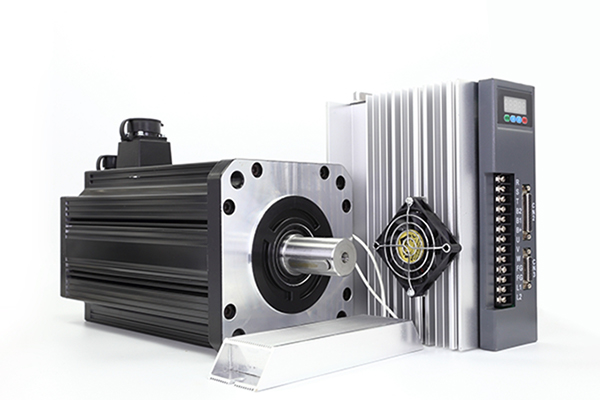
Category
Featured Articles
Troubleshooting of Servo Motor
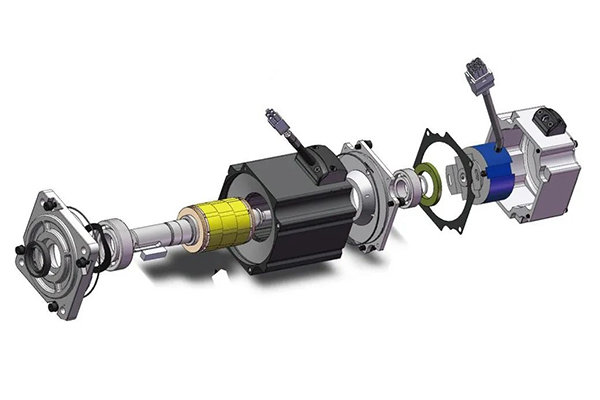 Servo motors play a crucial role in various industrial applications, providing precision control and efficient performance. ...
Servo motors play a crucial role in various industrial applications, providing precision control and efficient performance. ...
 Servo motors play a crucial role in various industrial applications, providing precision control and efficient performance. ...
Servo motors play a crucial role in various industrial applications, providing precision control and efficient performance. ...Safety Precaution For Using Servo Motor
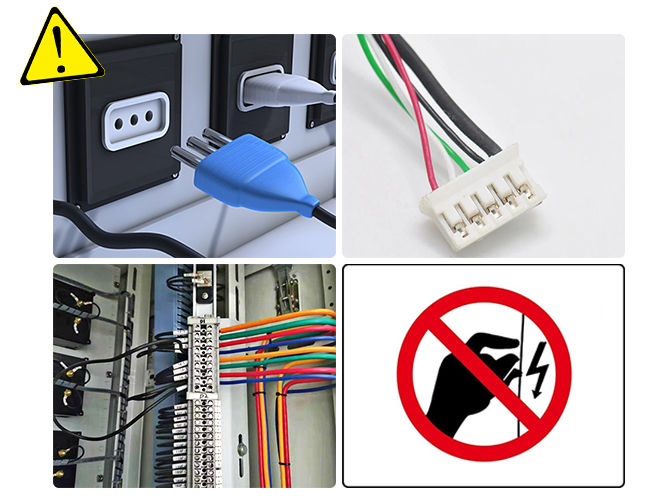 In the realm of industrial automation, servo motors play a crucial role in achieving precision and control. These devices are ...
In the realm of industrial automation, servo motors play a crucial role in achieving precision and control. These devices are ...
 In the realm of industrial automation, servo motors play a crucial role in achieving precision and control. These devices are ...
In the realm of industrial automation, servo motors play a crucial role in achieving precision and control. These devices are ...Why Use Servo Motor as Test Load?
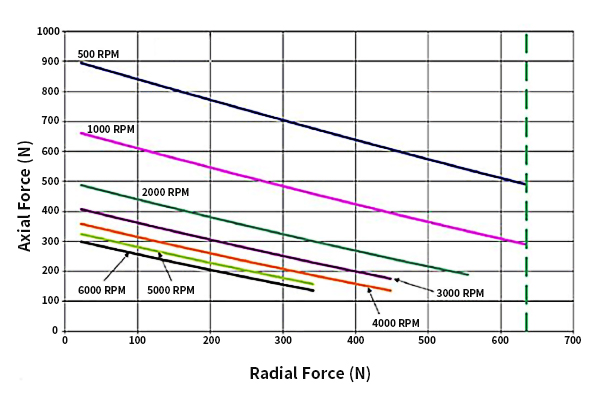 Dynamometer is mainly divided into two parts: cabinet and frame, while the frame mainly has the motor under test, torque speed ...
Dynamometer is mainly divided into two parts: cabinet and frame, while the frame mainly has the motor under test, torque speed ...
 Dynamometer is mainly divided into two parts: cabinet and frame, while the frame mainly has the motor under test, torque speed ...
Dynamometer is mainly divided into two parts: cabinet and frame, while the frame mainly has the motor under test, torque speed ...Difference Between Servo and Stepper ...
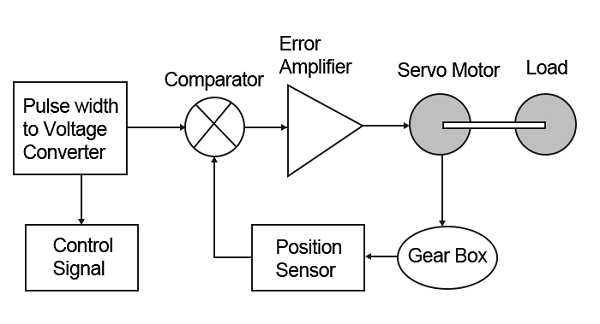 Servo motor and stepper motor are almost used in all automated industries where high precision is to be achieved. Though servo ...
Servo motor and stepper motor are almost used in all automated industries where high precision is to be achieved. Though servo ...
 Servo motor and stepper motor are almost used in all automated industries where high precision is to be achieved. Though servo ...
Servo motor and stepper motor are almost used in all automated industries where high precision is to be achieved. Though servo ...